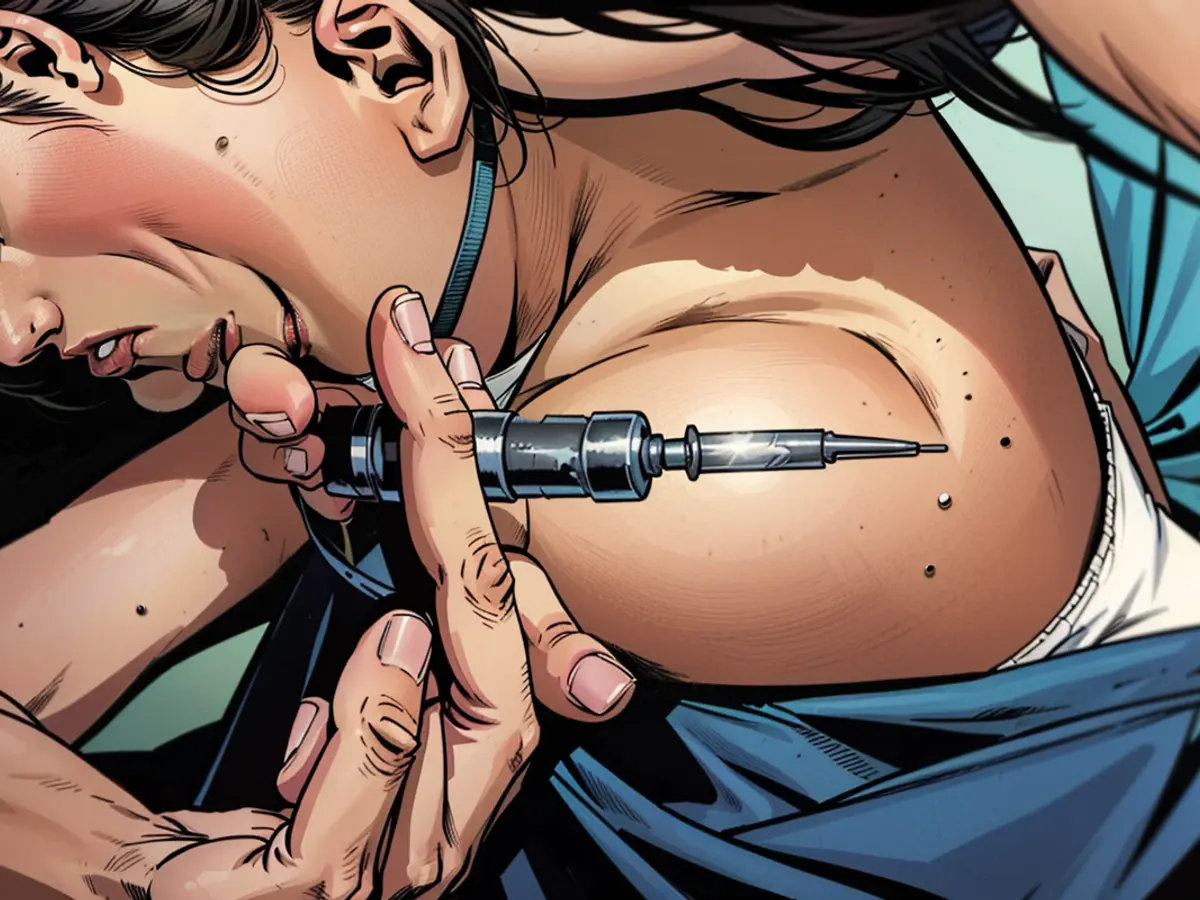Protection against severe RSV infections: Stiko recommends vaccination of newborns
Through this, particularly hospitalizations and deaths caused by Respiratory Syncytial Viruses (RSV) are to be prevented, as well as stationary and ambulant care gaps. In winter 2022, the number of clinic treatments for newborns and infants in Germany due to acute, RSV-triggered respiratory infections significantly increased. Doctors attributed this to aftereffects of the Coronapandemic.
RSV is a worldwide spread pathogen that usually only causes mild symptoms. However, it can cause severe respiratory infections, especially in older people and individuals with weakened immune systems, as well as in newborns and infants.
In Germany, RSV infections are the most common cause for hospitalizations in infants. They are particularly endangered in their first six months of life to become severely ill with RSV. The majority of severe RSV cases occur in previously healthy infants.
According to the Stiko, prophylaxis with Nirsevimab is recommended, especially for newborns and infants with a risk for a severe RSV infection, such as premature births or severe heart defects.
Babies born between April and September should reportedly receive Nirsevimab ideally in the fall before the beginning of their first RSV season. Newborns, who are born during the RSV season, should receive the dosage as soon as possible after birth.
This is the first time that the Stiko recommends prevention with so-called monoclonal antibodies on a standard basis. Monoclonal antibodies are laboratory-produced proteins that are intended to support the immune system in combating infections. Nirsevimab is considered safe by the Stiko and is usually well tolerated.
In the face of the rising RSV infections among newborns and infants during the winter of 2022, attributed to the aftereffects of the Coronapandemic in Germany, the Stiko advocates for prophylaxis using Nirsevimab. This recommendation is particularly for newborns and infants with a higher risk of severe RSV infections, such as premature births or significant heart defects. Despite being a worldwide-spread pathogen, RSV infections often lead to severe respiratory infections in vulnerable populations, including newborns and infants during their first six months of life. With the recommendation for Nirsevimab, the Stiko introduces preventive measures with laboratory-produced monoclonal antibodies on a standard basis for the first time in Germany. These proteins aim to support the immune system in combating infections and have been deemed safe and well-tolerated by the Stiko.







